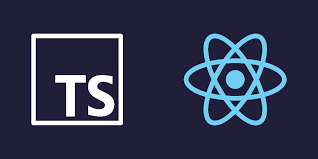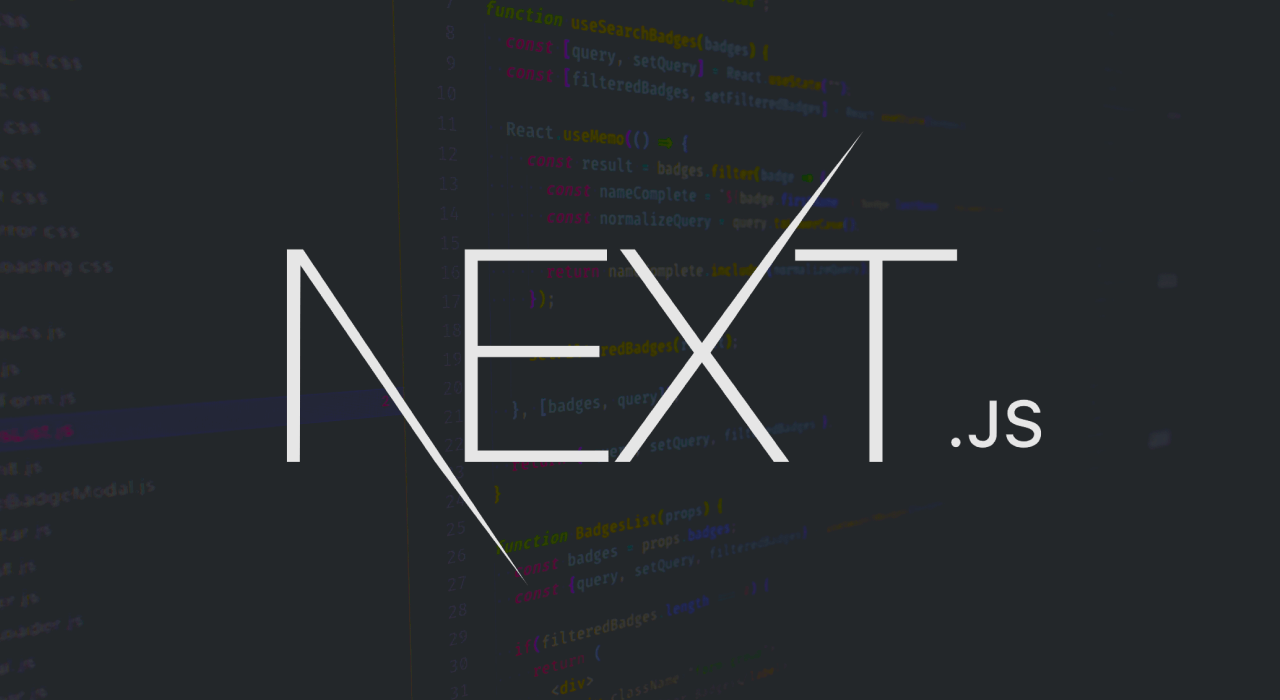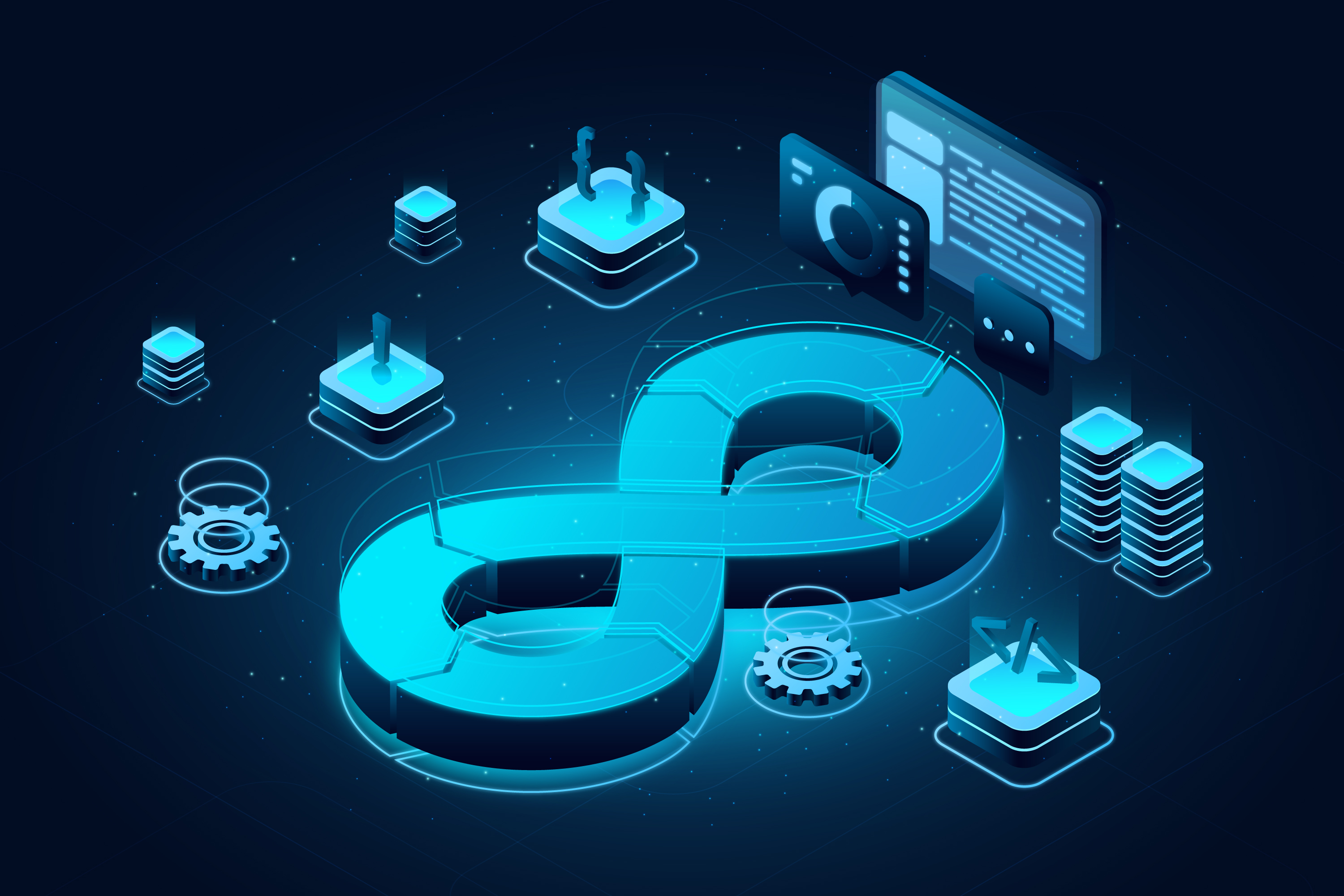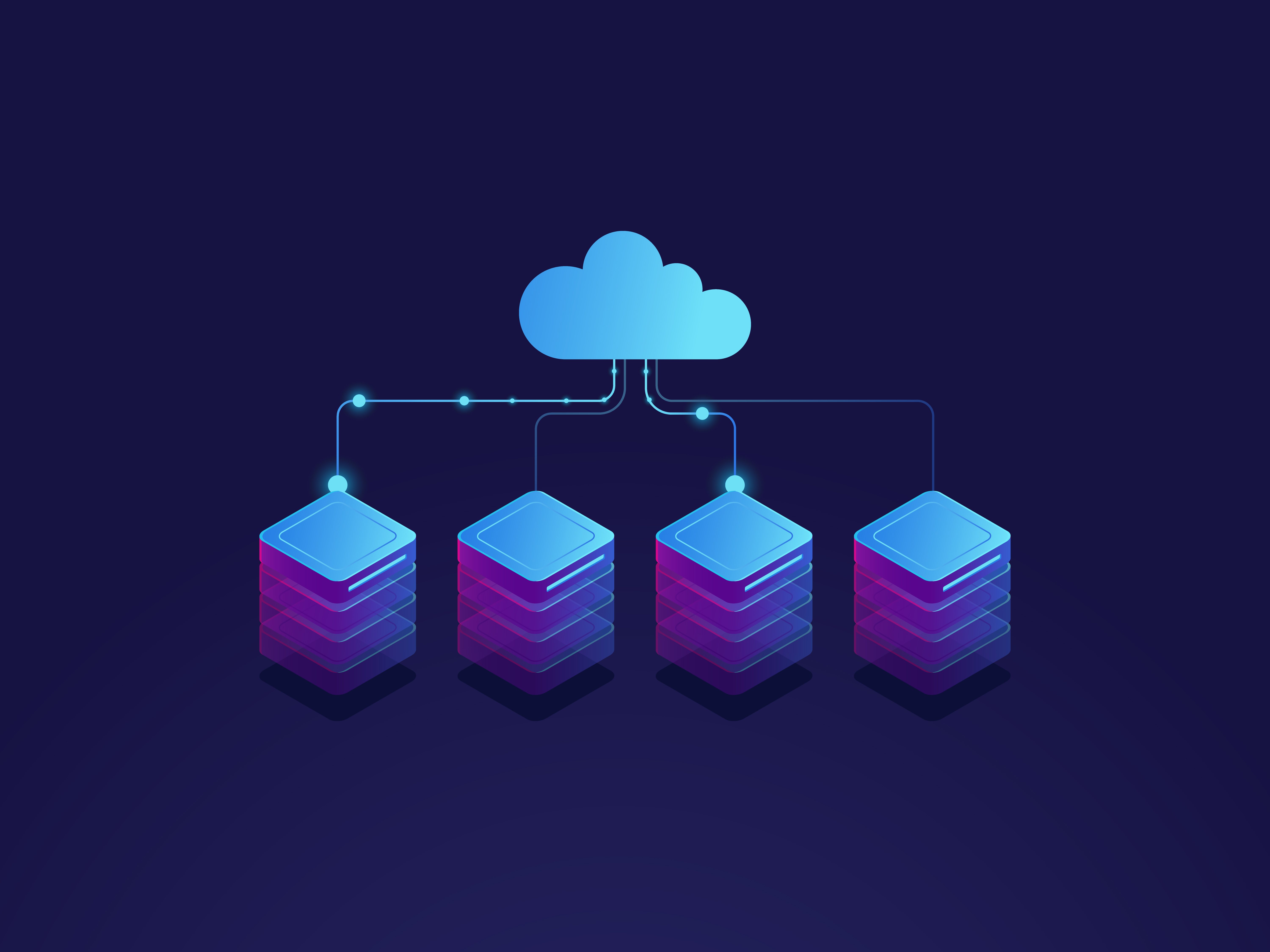Specialized Track
Cloud-Native Computing
The Cloud-Native Computing Specialization focuses on Containers, Kubernetes, and CDK for Kubernetes.
Specialized Track
Cloud-Native Computing
The Cloud-Native Computing Specialization focuses on Containers, Kubernetes, and CDK for Kubernetes.

CS-101: Object-Oriented Programming using TypeScript

W2-201: Developing Planet-Scale Web 2.0 Apps using Next.js 13

$-101: Dollar Making Bootcamp - Full-Stack Template Development
Specialized Courses

CN-351: Certified Kubernetes Application Developer (CKAD)

CN-361: Developing Multi-Cloud Apps using CDK for Terraform
We will start the program by learning the fundamentals of Object-Oriented programming using JavaScript and TypeScript. We will also understand the latest Web trends i.e. Web 3.0 and Metaverse concepts and try to understand their working from the perspective of the users.
The objective of this course is to teach participants to develop customer-facing planet-scale Websites, Full-Stack Apps and templates, Dashboards, and Muti-Cloud Serverless APIs. By the end of the quarter, the participants will be able to develop and deploy web platforms like Facebook, Shopify, etc. The technologies covered in this course will include Next.js 13, Figma, Tailwind CSS, Chakra UI, tRPC, QraphQL, Prisma, Cockroachdb Serverless (PostgreSQL Compatible), AWS Serverless Technologies, and Cloud Development Kit for Terraform (CDKTF).
In this course, you will be tasked with building APIs and a template to be sold on the Panaverse DAO Marketplace and Theme Forest. The Panaverse DAO will receive 25% of the sale for platform management and an additional 15% for marketing purposes. 60% of the revenues will be distributed to the developer as Panaverse tokens.
Cloud-native architecture and technologies are an approach to designing, constructing, and operating workloads that are built in the cloud and take full advantage of the cloud computing model. Cloud-native technologies empower organizations to build and run scalable applications in modern, dynamic environments such as public, private, and hybrid clouds. Containers, service meshes, microservices, immutable infrastructure, and declarative APIs exemplify this approach. These techniques enable loosely coupled systems that are resilient, manageable, and observable. Combined with robust automation, they allow engineers to make high-impact changes frequently and predictably with minimal toil. Kubernetes is an open-source system for automating the deployment, scaling, and management of containerized applications. In this course, you will learn how to develop cloud applications using cloud-native technologies like Containers, Kubernetes, and CDK for Kubernetes.
Terraform lets you use the same workflow to manage multiple providers and handle cross-cloud dependencies. This simplifies management and orchestration for large-scale, multi-cloud infrastructures. Cloud Development Kit for Terraform (CDKTF) allows you to use familiar programming languages to define and provision infrastructure. This gives you access to the entire Terraform ecosystem without learning HashiCorp Configuration Language (HCL) and lets you leverage the power of your existing toolchain for testing, dependency management, etc.